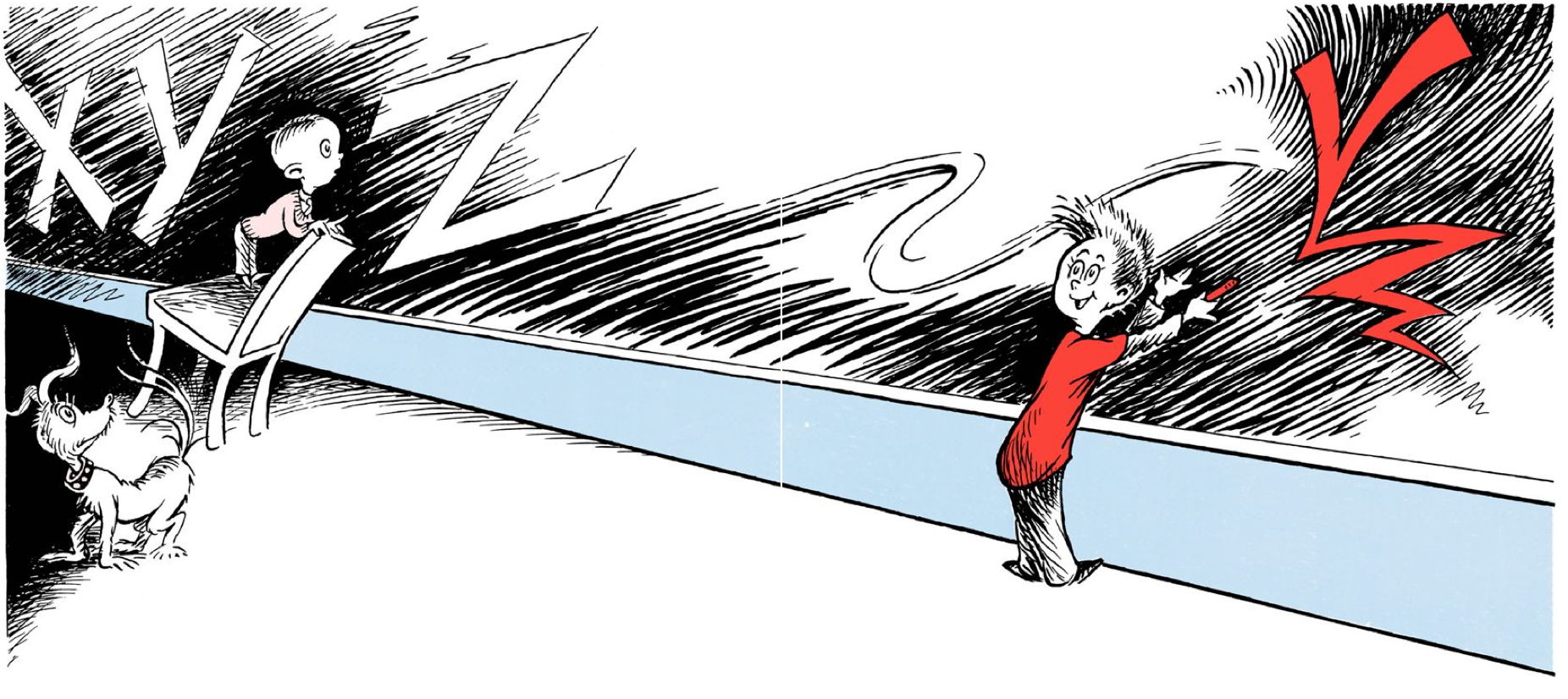Kim Cattrall's alveolar plosives
Caity Weaver, "Kim Cattrall Can Talk to Me About Anything", NYT 6/6/2018:
Because I’m one of the youngest people alive (29), I was not old enough to be interested in a program with “sex” in the title when “Sex and the City” premiered on HBO in 1998, 20 years ago today.
Consequently, beyond the broadest outlines of the plot — there are four friends, having sex, and the city — the only detail I know firmly about the show is: Sa-MANh-thAH TAL-hkss hLike thIS.
If you have ever seen even one second of the actress Kim Cattrall in character as Samantha Jones, the vamp of “Sex and the City,” you know what I mean. From Ms. Cattrall’s larynx, the words of Samantha slunk and shimmied across the Manhattan of the early aughts, her voice sliding around ribald puns as if extra lubricated. […]
What you might not know is that Kim Cattrall’s real voice is as unlike the voice of Samantha Jones as a late October morning is unlike a Fourth of July high noon. I know this. I know this in my bones. I know this so well the knowing will be imprinted in the DNA of my descendants for a hundred generations — because I am unable to stop listening to the same four podcast episodes featuring Ms. Cattrall, over and over.
They’re very relaxing. […]
Read the rest of this entry »
